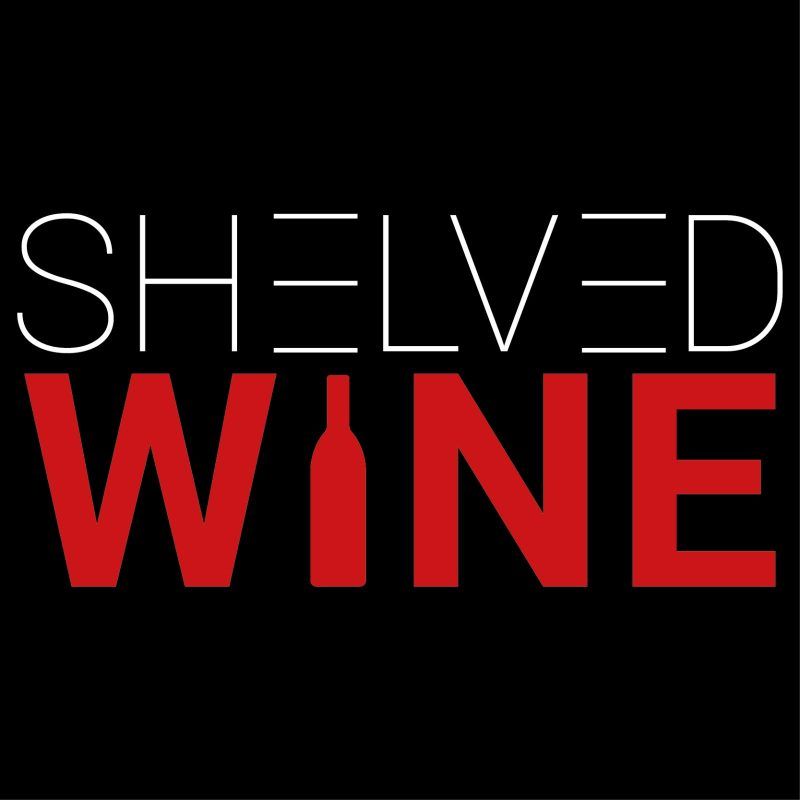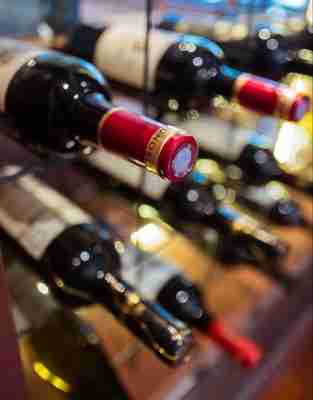Articles
How To Store Wine Without A Cellar?
How To Store Wine Without A Cellar?
For an agricultural product, wine has an astounding shelf life. Even the most inexpensive wine labels are still enjoyable after a couple of years. And when it’s made to age, like those structured reds we all know and love, wine can evolve for decades without going bad.
Wine can undoubtedly take care of itself, but it does help if we store it appropriately. Even the sturdiest wine will go bad if forgotten on the trunk of your car on a hot afternoon.
Having said that, it’s easy to see why you might want to have a wine cellar at home. Of course, you can store your wine safely without a wine cellar if you know what you’re doing. Here’s how to store wine without a cellar.
What Happens To Wine When It’s Not Stored Correctly
What happens to wine if store in poor conditions? Well, it depends. Wine’s mortal enemies are humidity (or lack of humidity), heat, light, movement and oxygen.
Storing wine in a humid place will ruin your labels, but the corks are compromised too — mold can grow on the cork and could find a way into the bottle. Too little moisture will simply dry out your cork, allowing oxygen to slip in. A relative humidity (RH) of 50% to 70% is preferred.
Heat is terrible for wine. It can accelerate its natural evolution, meaning hot wine ages faster. If stored in a cool place, the opposite will occur; the wine will age nicely and slowly. Excess heat will literally ‘cook’ your wine, altering its flavour and aromatics. Ideally, you should store wine at a constant temperature between 10 and 15 °C (50 and 59 °F).
Light will ruin your wine as well and will affect clear glass bottles more than green or brown ones. Light, more specifically UV-rays, will destroy the polyphenols in wine, leaching out its color and ruining its bouquet. Store wine in a dark place.
Constant movement or vibration will damage your wine, too. It will speed up its natural aging process and won’t allow the sediments to precipitate correctly. Keep your wine undisturbed.
Air will oxidise your wine, ruining it entirely. Vinegar bacteria thrive only in contact with oxygen. The good news is that it’s easy to keep your wine collection safe from oxygen. You only need the corks to stay in good shape.
Wine Storage Alternatives
If you’re not interested in buying a wine storage unit, then look for the right places around your house to store your wine.
Storing your bottles of wine in the fridge for a few days is totally okay, especially white and sparkling wines, but don’t overdo it. There’s little humidity in conventional refrigerators, and the wine might absorb odours from the food.
That awkward space underneath your staircase is ordinarily dark, and it’s away from windows, so there’s not much light or heat there. You can store wine here with ease.
A basement will probably have the right humidity and temperature levels to store wine. Just make sure there’s no vibrating machinery, radiators or water heaters around.
Your closet might be the perfect wine storage spot, and we’re sure you have space for a wine crate somewhere in there.
Take Care Of Your Wine!
As you see, you don’t need a wine cellar to keep your precious bottles of wine safe; you just need to find the right spot.
Unless you’re building a massive wine collection, you’ll probably want to buy wine as you go, so perhaps avoid storing too much of it at home? Wine retailers can take care of your wine until you need it. Your favorite wine is always a few clicks away, am I right?

